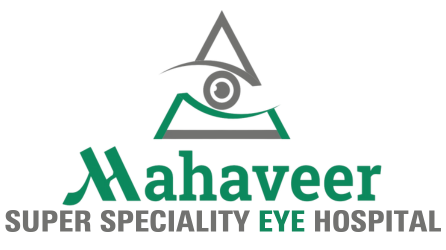Age-Related Macular Degeneration (AMD) is a progressive eye condition that primarily affects older adults and is one of the leading causes of vision loss worldwide. It affects the macula, a small area in the retina responsible for central vision, which is essential for activities such as reading, driving, and recognizing faces. Understanding AMD, its symptoms, risk factors, and available treatments is crucial for maintaining eye health as we age.
What Are the Symptoms of AMD?
AMD typically progresses slowly, making early detection challenging. Common symptoms include blurred or distorted central vision, difficulty seeing in low light, and the appearance of dark or empty spaces in your field of vision. Some people may also notice that straight lines appear wavy or distorted, a phenomenon known as metamorphopsia. Regular eye exams are essential for early diagnosis, as many individuals may not realize they have AMD until significant vision loss occurs.
Risk Factors for AMD
Several risk factors contribute to the development of AMD. Age is the most significant factor, with the likelihood increasing after the age of 50. Genetics also play a role; individuals with a family history of AMD are at a higher risk. Other contributing factors include smoking, obesity, high blood pressure, and prolonged exposure to UV light. Diet is another important aspect, as a diet low in fruits and vegetables can increase the risk of developing AMD. To reduce your risk, consider adopting a healthy lifestyle that includes a balanced diet, regular exercise, and avoiding smoking.
Treatment Options
While there is currently no cure for AMD, various treatment options can help manage the condition and slow its progression. For those with the dry form of AMD, nutritional supplements containing antioxidants, vitamins C and E, and zinc may be beneficial. In cases of wet AMD, where abnormal blood vessels grow under the retina, treatments such as anti-VEGF injections can help reduce vision loss. These injections aim to block the growth of these abnormal vessels and can improve vision for some patients.
Conclusion
Being proactive about eye health is essential as we age. Regular eye examinations, awareness of the symptoms of AMD, and understanding the risk factors can help in early detection and treatment. If you or a loved one is experiencing changes in vision, schedule an appointment with an eye care professional. At Mahaveer Eye Hospital, we offer comprehensive eye care services, including specialized treatments for AMD, to help you maintain your vision and quality of life. Don’t wait—prioritize your eye health today!



Leave A Comment